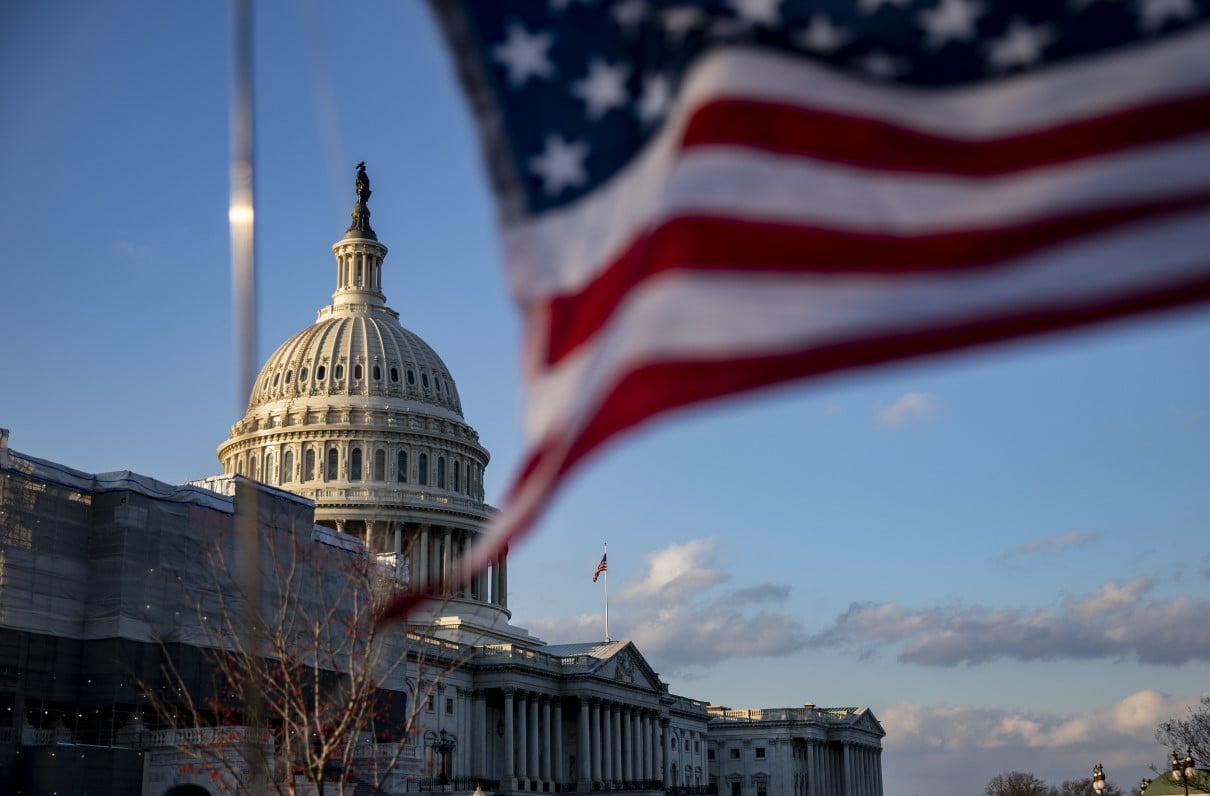More veterans will hold seats in the 118th Congress than in the previous session, reversing a long-term decline in prior-service representation.
Of the 535 congressional seats in the new Congress, 97 of them will be filled by veterans – 80 in the House and 17 in the Senate. That’s up from 92 in the 117th Congress. Seven of those veterans are women – the most in congressional history, per a Military Times report.

Here’s a breakdown of those veterans:
Branch of Service:
- Army/Army Reserve/Army National Guard: 43 lawmakers (36 in the House, 7 in the Senate)
- Navy/Navy Reserve: 27 lawmakers (22 House, five Senate)
- Air Force/Air Force Reserve/Air Force National Guard: 15 lawmakers (13 House, 2 Senate)
- Marine Corps/Marine Corps Reserve: 15 lawmakers (11 House, 4 Senate)
Note: These figures count some members twice – Sen. Todd Young (R-Ind.) served in the Navy and Marine Corps, Rep. Brian Babin (R-Texas) served in the Army and Air Force, and Rep. Rich McCormick (R-Ga.) served in the Navy and Marine Corps.
Party Affiliation: Of the 80 veterans in the House, 62 are Republicans and 18 are Democrats. Of the 17 veterans in the Senate, 10 are Republicans and seven are Democrats.
Age Range: 3 of the veteran lawmakers are in their 80s, 14 in their 70s, 19 in their 60s, 31 in their 50s, 21 in their 40s, and 9 in their 30s.
Gender: All but seven of the 97 veteran lawmakers are men.
Critical Role of Veterans in Congress
The unique challenges faced by servicemembers, and their families, makes them critical on Capitol Hill. Junior (and even some senior) elected officials without military experience rely on veteran lawmakers to educate them on how DoD and the VA operate.
Veteran lawmakers tend to be the fiercest advocates for the uniformed services and veteran communities in Congress, and as the federal legislature becomes more heterogeneous, their role in the legislative process will become even more critical. Fewer veteran lawmakers means elected officials will have less firsthand experience with currently serving and veteran issues. That could lead to a lack of prioritization for defense- and veteran-related legislation, making it harder to pass the National Defense Authorization Act (NDAA) and defense and veteran appropriations on time.
Role of MOAA and Its Members
Servicemembers, veterans, their families, caregivers, and survivors need to be their own advocates now more than ever, especially with the number of veterans in each new Congress remaining lower than previous decades. MOAA and other military and veteran service organizations also will play an even more pivotal role as they advocate to protect service-earned pay and benefits.
How can you make your voice heard? MOAA offers a diverse set of resources for our constituents to contact their elected officials. These include:
- MOAA’s Legislative Action Center. Here you can write and call your lawmakers using MOAA’s pre-written campaigns on key issues impacting the uniformed service and veteran communities.
- MOAA Councils and Chapters. Hundreds of MOAA affiliates across the nation offer a new way to engage with your community. You can also meet, collaborate, and socialize with fellow servicemembers.
- Online and Printed Publications. MOAA’s email newsletter and magazine are two key ways members can stay up to date on the association’s legislative advocacy.
MOAA looks forward to engaging with both veteran and non-veteran lawmakers in the 118th Congress and will strive to build bipartisan, bicameral partnerships as we pursue our legislative advocacy goals in the new Congress.

